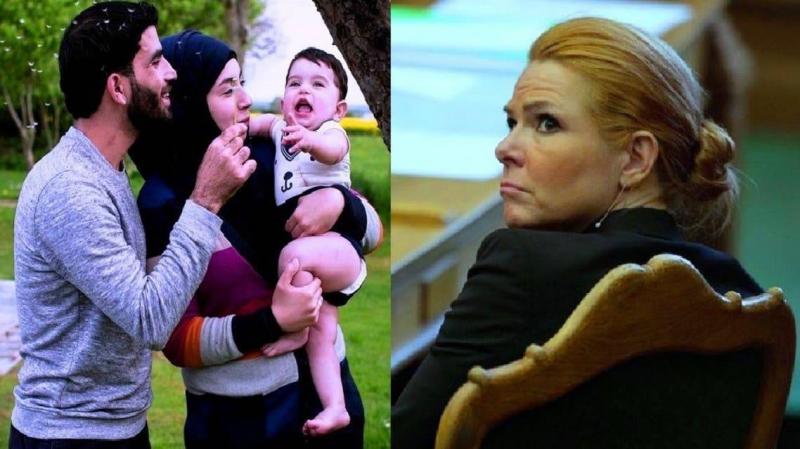Under the title "Danish Minister Dismissed by Syrian Refugee Following His Complaint and Sentenced to 60 Days in Prison," the Al Arabiya website published an intriguing news report. It mentioned that former Danish Minister of Immigration and Integration, Inger Støjberg, 48, will spend Christmas and New Year's behind bars in a local jail after being convicted by the "Incastrating and Dismissal Court" on Monday, sentenced to 60 days in prison. This conviction was primarily triggered by a complaint from a 26-year-old Syrian named "Al-Nour Al-Ali," who was separated from his 17-year-old wife, "Rimaz Al-Kaial," by the ministry in 2016, placing them in different refugee centers for four months, despite her being pregnant.
The ruling, which Støjberg expressed disbelief about during a press conference where she pleaded her innocence, followed a previous judgment by the same court two years ago, which resulted in her dismissal from the position she held for four years. She has been on trial since September for charges that could be described as "specializing" in mistreating migrants and asylum seekers, most of whom are Syrians and some Iraqis. Her policies violated the European Convention on Human Rights because, despite marrying in 2008 a publisher from Berlingske, a daily newspaper, and divorcing four years later without children, she ruled to separate couples, even if they were accompanied by children.
The court, established in 1849 in Copenhagen, is composed of 15 judges and 15 parliamentary deputies and specializes in addressing ministers' misconduct and abuse of power. According to Al Arabiya's coverage of its history, Denmark has only resorted to this court three times, the first being in 1910 and the last in 1995 when it sentenced former Minister of Justice Erik Ninn-Hansen to four months in prison, suspended, for preventing Sri Lankan refugees from bringing their families.
The sentence against the former minister from the right-wing "Venstre" party was due to her adopting strict and inhumane policies towards migrants, beginning three months after she took office in 2015. She published advertisements in Arabic and English in four Lebanese newspapers, as well as in ten other languages in asylum seekers' reception centers and on the ministry's social media accounts, which drew sharp criticism domestically and internationally.
In the advertisements, the minister stated that she would deport anyone whose application was rejected immediately and that those granted "temporary protection" would not be allowed to bring their families during the first year of their stay. Furthermore, asylum seekers would not have the right to permanent residency until they demonstrated proficiency in Danish and had been in Denmark for at least five years, during which they risked losing that residency. Additionally, she forced asylum seekers to surrender their valuable possessions, such as jewelry, to help cover their costs while staying in the country.
The worst of the public outcry against the minister, whom the 179-member Parliament will decide whether she will continue as an elected member, was her misleading parliamentary committees on four occasions regarding a policy she implemented starting in 2016, which prevented 23 married asylum seekers aged 15 to 17 from being housed in the same asylum center as their spouses, regardless of their age and whether they had children. The complaint received by the parliamentary ombudsman from the Syrian asylum seeker and his wife began simply but quickly became a significant factor in the backlash against the minister, culminating in her dismissal and conviction.




